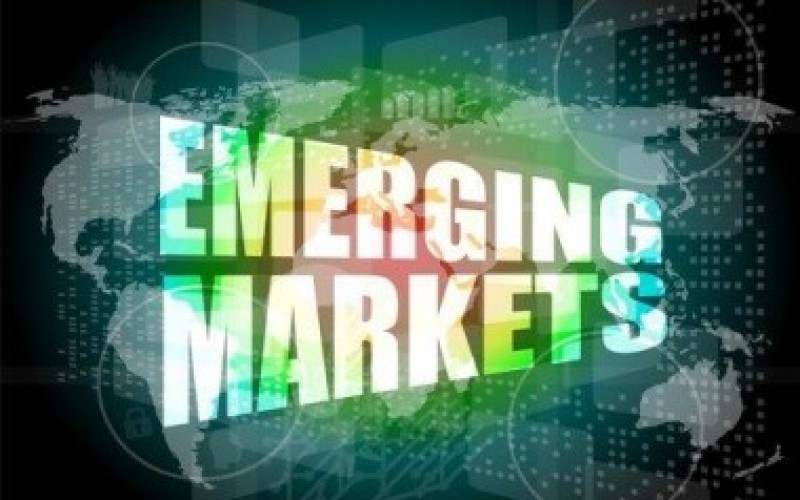- Nigeria, Other Emerging markets Face Debt Crisis
Falling foreign reserves, rising capital flights, weak currencies and rising debt obligations amid global health crisis have left many emerging economies begging for debt relief as they struggle to avoid default.
Nigeria has already cut down on 2020 expenditure and adjusted its 2020 oil benchmark from $57 per barrel to $30, according to the nation’s finance minister, Mrs Ahmed Zainab.
Similarly, the Central Bank of Nigeria has adjusted the nation’s foreign exchange rate to N380 against the US dollar, up from N360/$1 it pegged the Nigerian Naira following a substantial decline in the nation’s foreign reserves.
The situation is not different in Zambia, where advisers have been called to restructure the nation’s debt while Ecuador is likely to default after asking for more time to meet coupon payments. Angola, Tunisia and Bahrain are some of the nation’s economists fear will struggle to meet impending payments in the coming months.
The falling emerging market currencies against the US dollar has increased the cost of servicing foreign debts in emerging countries and increase the pressure on already struggling nations.
“The impact of global measures to contain the coronavirus will result in a steep fall in [emerging markets’] gross domestic product this year and the collapse in output, spike in capital outflows and plunge in commodity prices could trigger balance sheet problems that make the downturn much worse and the recovery slower,” said William Jackson, chief emerging markets economist at Capital Economics.
African finance ministers have already asked for debt relief from financial partners like the World Bank, International Monetary Fund (IMF) and others during their second virtual meeting, saying the continent needs at least $100 billion to protect around 30 million jobs from Aviation sector to other key sectors affected by the ongoing pandemic.
Given the size of the damage to the world economy, experts have said emerging economies will not only struggle to access financial support but also struggle with recovery.
The Chief Economic Adviser at Morgan Stanley, Reza Moghadam, said that while emerging markets “largely escaped the 2008 global crisis and recovered quickly, they will not be so lucky this time” and their ability to access international finance is likely to come under “significant stress”.
Zambia, the most exposed African nation, has total external financing requirement (in dollars), coupon payments on short-term debt and current account deficit over the next 12 months of 172 percent of its present foreign reserves while South Africa, Ghana and Angola have funding requirements of at least 90 percent of their GDP.
“It’s not altogether that surprising given that many of these countries have quite small domestic financial sectors so it’s much harder to raise debt domestically and many of these countries have had high current account deficits for some time,” Mr Jackson said.
While Nigeria’s debt to GDP ratio remains moderate at about 25 percent, the nation will struggle to access financial assistance given recent downgrades from rating agencies. The S&P, Fitch Rating and even Moody have downgraded Nigeria’s outlook and ability to pay long term debt in recent weeks, citing falling foreign revenues, weak foreign reserves and low oil prices.
“There would be a redirection of taxpayers’ money to service those debt repayments, thereby reducing what goes into infrastructure, agriculture (provision of food), social amenities, job creation and technological innovation,” said Silas Ozoya, President of SUBA Capital.
“So, poverty in all forms would increase, our currency value would keep dwindling and the extreme case would be ‘economical colonization’ by those we owe as a continent.
“This would slow down local development or better still give the control of whatever FDI development we have to foreign creditors in emerged markets as they might explore the build, operate and transfer (BOT) operation of debt repayment.”

 Forex3 weeks ago
Forex3 weeks ago
 Naira2 weeks ago
Naira2 weeks ago
 Billionaire Watch2 weeks ago
Billionaire Watch2 weeks ago



 Naira3 weeks ago
Naira3 weeks ago






 Naira2 weeks ago
Naira2 weeks ago




 Naira1 week ago
Naira1 week ago




 Naira4 weeks ago
Naira4 weeks ago






 Naira1 week ago
Naira1 week ago
























